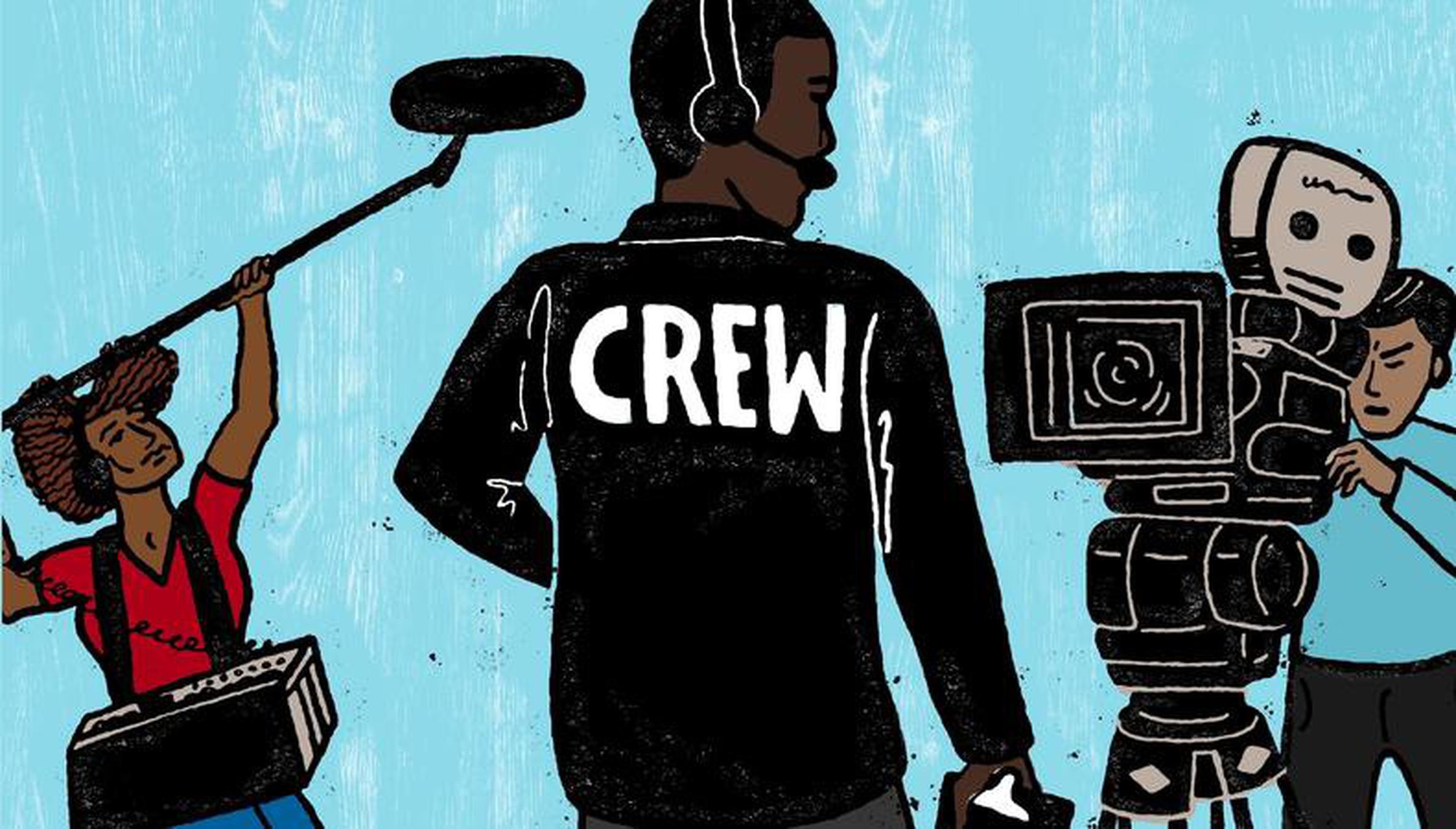Mon-Sat 9am-7pm




Within the film industry, the Direction department is a subset of a larger occupational group referred to as ‘Production’. Perhaps the best known role within the Direction department is that of Director, the person who is ultimately responsible for the creative vision and overall style of a feature film. Within this department, the Director is also supported by a number of Assistant Directors, who ensure that the Director’s artistic ambitions are achieved during the filming process, by providing logistical, organisational and time-management support.
Other roles in the Direction department include the Script Supervisor (who oversees the continuity and edit-ability of each sequence as it is shot). The most junior role is that of Runner, which encompasses a wide range of general support duties, and which is also conventionally accepted as the entry-level position within not only the Direction department, but within the film Production sector as a whole.
The UK film industry enjoys a very high profile internationally, and is considered a centre of excellence in terms of its production, technical and post-production departments. However, its overall productivity (and therefore its demand for staff) fluctuates greatly depending on financing, and on the flow of projects. It is therefore difficult to calculate exactly how many people are specifically employed in film Direction roles, or even in the Production sector as a whole at any one time, as many of the skills required are interchangeable with those required by the large television and theatre sectors.
Although a large number of HE/FE colleges offer Film Directing courses, as well as more general film production skills courses, the key requirement to succeed in this role is undoubtedly industry experience. The vast majority of people working in this department begin their careers as Runners, or in junior assisting jobs, gradually progressing through the various Directing department roles. Career paths in this department offer some flexibility, e.g., most First Assistant Directors do not necessarily become Directors – they tend to move into more senior organisational roles, such as Unit Production Manager, or Line Producer.
All roles within the Direction department of the film industry require a high degree of commitment and dedication. The work usually involves long hours and varied work locations, so flexibility and motivation are important. As the vast majority of jobs are on a freelance basis, practitioners must take responsibility for seeking work, and for identifying suitable training opportunities for themselves. Other important qualities for these roles include excellent communication, interpersonal and organisational skills; a close attention to detail; and the ability to multi-task, to be a team player, and to work effectively under pressure.

Career services directors may take different directions in pursuing their positions, but knowing how to become a director is the first step on any career path. Entry-level higher education administrators may join career services departments in positions responsible for the day-to-day operation of recruitment and skill-building programs. People who build their experience and credentials at one institution may also apply for director positions at another school. This enables professionals to assume new responsibilities and gain experience in a new environment.
The two primary measures of readiness for a career services director position are education and job experience. Due to the increasing prevalence of online doctoral programs, potential candidates can build both types of expertise simultaneously, studying part-time while working in higher education administration on a full-time schedule.
The educational requirements for director of career services jobs will vary based on the size and nature of the particular school. Some smaller institutions that offer relatively lower compensation for directors of career services may be willing to hire candidates with an undergraduate diploma. PayScale lists a bachelor’s degree as the accepted industry minimum for career services leadership. However, seeking out such a high-level role at a larger college or university will most likely call for a master’s degree, as NACE indicates. On top of these baseline qualifications, prospective career services leaders can bolster their credentials by earning a doctorate.
In today’s competitive hiring environment, it’s important for candidates seeking top roles in higher education administration to have resumes representing the depth of their commitment to the field and its best practices. Factors such as learner preferences, the role of technology, and relationships between universities and government are always changing.
Applicants who have recently earned an advanced degree in education will be familiar with the latest concepts and will be more effective and influential in positions such as director of career services. Online programs allow professionals already working at colleges or universities to add to their credentials and can help them stand out as applicants for a director role.
The median annual salary for a director of career services was approximately $62,000 as of March 2022, according to PayScale. PayScale data indicates that salaries range between $45,000 and $89,000, depending on factors such as location and tenure.
According to PayScale, top skills affecting salary potential include leadership, strategic planning, and people management. Leaders in career services need to be able to coordinate the development of student and alumni skills and career potential, while directing the department’s teams and keeping their institutions’ strategies on track.
$10,000 increase in salary
Two extra weeks of vacation
Dream company
Gym membership paid for
Career and future potential
Higher salary = buying a house
High-profile position
Valuable experience for resume
Partner likes the new location
Pay for parking
No sick days, they come from vacation
Not dream job
Longer commute
Requires new wardrobe to fit dress code
Need daycare
Higher risk
Can't work with current mentor
Moving expenses
When contemplating the combination of skills that makes a good director of career services, professionals should consider the specific knowledge they’ll need to complete day-to-day tasks. Professionals also should focus on the interpersonal skills that will aid them in making connections with everyone from corporate leaders to the heads of other departments.
All types of communication are vital and relevant in the career services space. Directors of departments must be adept at opening productive dialogues with executives, while showing empathy and support to students who use their services. Coordinating efforts with other administrative teams and reporting to university presidents and board members are also fundamental parts of keeping career services functions operating at peak effectiveness.
As head of the career services department, a professional should combine more general interpersonal skills with the ability to lead, direct, and motivate team members. At larger colleges and universities, where career services director salaries are relatively higher, this competency is especially important, with more employees reporting directly to the department leader and a greater number of projects active at any given time.
Call us at +91 9205084085, Monday - Friday, 9 am - 7 pm


